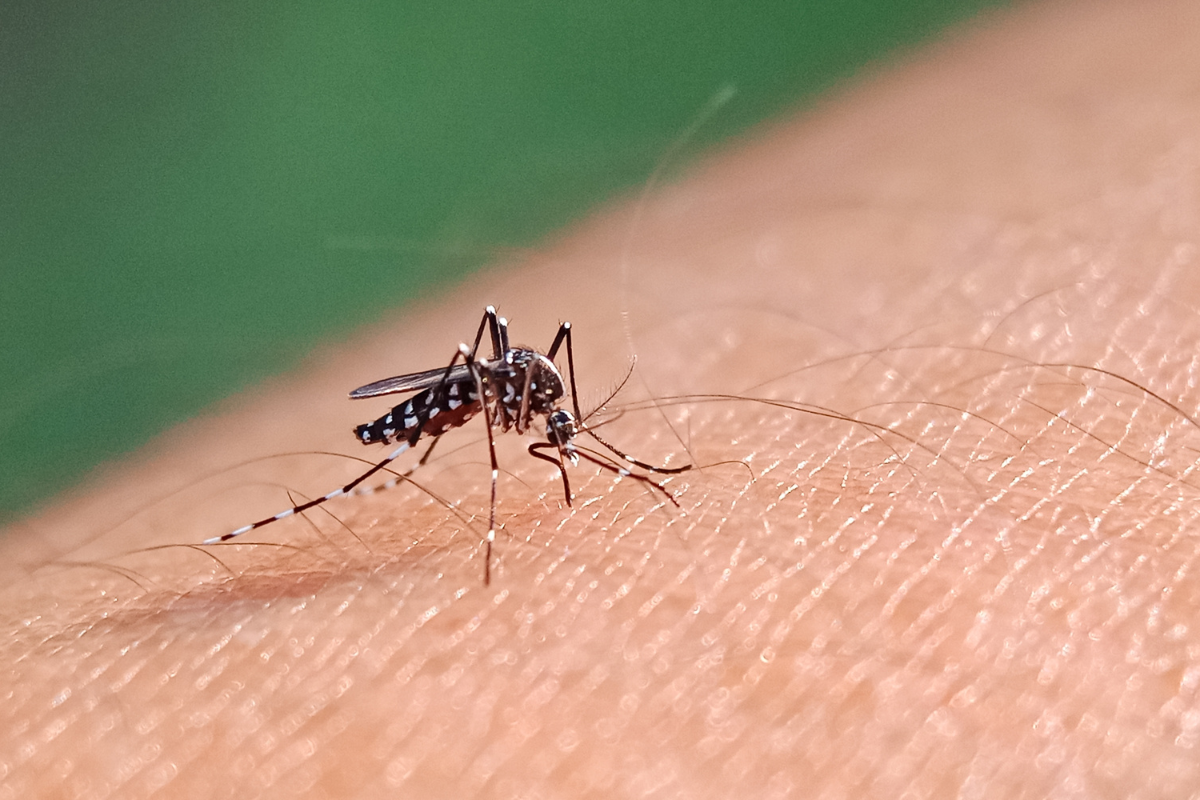Having already recorded more than 1,600 deaths from dengue fever in the first three and a half months of 2024, Brazil’s epidemic of the mosquito-transmitted disease has reached previously unprecedented levels. And in the country’s biggest city, São Paulo, home to more than 12 million people, all but two districts are officially facing dengue epidemics.
Epidemics are officially recorded when there are more than 300 cases per 100,000 inhabitants. In São Paulo’s 96 adminstrative districts, only two still find themselves below that threshold: the wealthy areas of Moema and Jardim Paulista.
Conversely, the district of Vila Jaguara, to the northwest of the city center, has recorded more than 9,650 dengue cases per 100,000 residents.
Municipal health authorities have counted 67 dengue fever deaths in Brazil’s biggest city so far in 2024. The surrounding state of São Paulo, home to more than 45 million people, has recorded a total of 353 dengue fever deaths since the start of the year, and is investigating another 668 possible deaths from the disease.
Nationwide, the more than 1,600 dengue fever deaths are already 35 percent higher than figures from the entirety of 2023. The total number of confirmed cases of the disease in 2024 is 114 percent more than last year: more than 3.5 million from January to mid-April, versus almost 1.65 million for the 12 months of 2023.
The states with the highest rates of probable cases per 100,000 inhabitants are, in order, the Federal District, Minas Gerais, Paraná, Espírito Santo, Goiás, Santa Catarina, São Paulo, and Rio de Janeiro. For the time being, Brazil’s northern and northeastern states have far lower levels of dengue fever incidence.
Last week, the Pan American Health Organization (PAHO) raised the alarm to dengue fever spreads across the Americas, pointing to a region-wide increase of more than 48 percent in cases. “This is an emergency situation,” said PAHO director Jarbas Barbosa.


 Search
Search






































